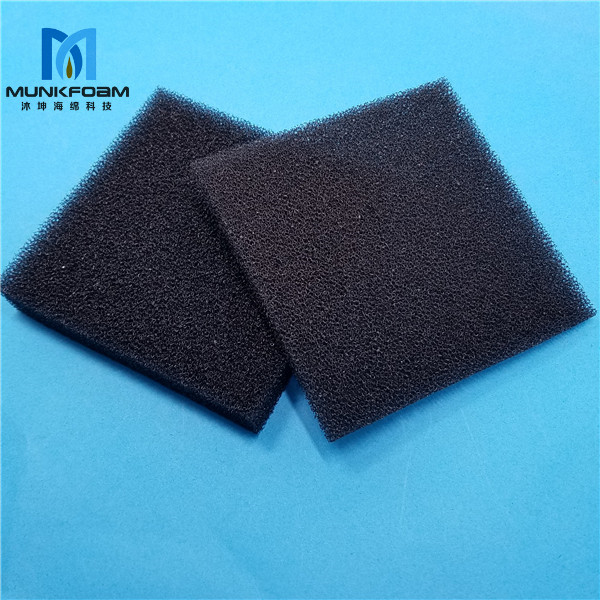What is the purpose of medical pu foam?
In the ever-evolving landscape of medical technology, materials play a pivotal role in enhancing patient care, comfort, and treatment outcomes. Among these materials, Medical Polyurethane (PU) Foam has emerged as a versatile and indispensable component in various healthcare applications. This article aims to explore the purpose of Medical PU Foam, shedding light on its unique characteristics and its transformative impact on medical devices and patient well-being.
Composition and Biocompatibility:
Medical PU Foam is a specialized variant of polyurethane foam that undergoes stringent manufacturing processes to meet the rigorous standards of the healthcare industry. Composed of polyols and diisocyanates, medical-grade PU foam is designed to be biocompatible, ensuring that it is safe for use within the human body without causing adverse reactions. This characteristic makes it suitable for a wide range of medical applications.
Wound Care and Dressings:
One of the primary applications of Medical PU Foam is in wound care. The foam's soft and pliable nature, combined with its ability to conform to the contours of the body, makes it an ideal material for wound dressings. PU foam dressings create a protective environment that promotes a moist wound healing environment, helping to accelerate the healing process. Moreover, the foam's excellent absorbent capacity aids in managing exudate, reducing the risk of infection, and enhancing patient comfort.

Orthopedic Supports and Braces:
In the realm of orthopedics, Medical polyurethane sponge finds purpose in the creation of supports and braces. The foam's ability to provide cushioning, support, and even pressure distribution makes it valuable in the development of orthopedic devices. Whether it's a custom-fit orthopedic insole or a brace for joint stabilization, the versatility of PU foam contributes to patient mobility, comfort, and the overall effectiveness of orthopedic interventions.
Prosthetics and Rehabilitation:
For individuals requiring prosthetic limbs or orthotic devices, Medical PU Foam plays a crucial role in ensuring a comfortable and functional fit. The foam's lightweight and resilient properties make it suitable for creating prosthetic liners that conform to the amputee's residual limb, reducing pressure points and enhancing mobility. In rehabilitation, PU foam is also utilized for padding and support in devices like splints, aiding in the recovery process.
Dental Applications:
In dentistry, Medical PU Foam is utilized in various applications, including dental impressions and bite registration. The foam's ability to capture precise details and its ease of use make it a preferred material for creating molds and impressions, contributing to the accuracy of dental procedures such as crown and bridge fittings.
Surgical Positioning and Patient Comfort:
During surgical procedures, patient positioning is critical for both the success of the surgery and the well-being of the patient. Medical PU Foam is employed in surgical positioning devices and pads to provide support and maintain the desired position during surgery. The foam's ability to redistribute pressure helps prevent pressure ulcers and discomfort during prolonged procedures, contributing to better patient outcomes.
Conclusion:
In the realm of healthcare, Medical PU Foam stands as a testament to the intersection of material science and medical innovation. Its unique properties, including biocompatibility, flexibility, and versatility, make it a valuable asset in various medical applications. From wound care to orthopedics, prosthetics to dental procedures, the purpose of Munk Medical PU Foam is deeply ingrained in improving patient outcomes, enhancing comfort, and contributing to advancements in medical technology. As technology continues to progress, the role of Medical PU Foam is likely to expand, ushering in new possibilities for patient care and medical device development.
202
0
0

Comments
All Comments (0)